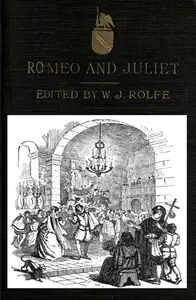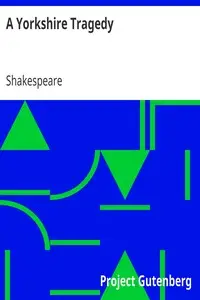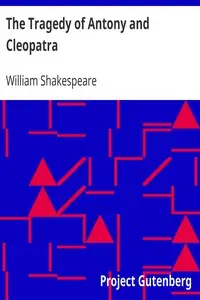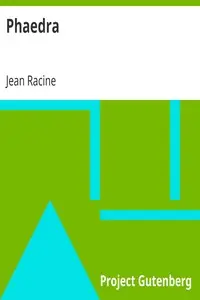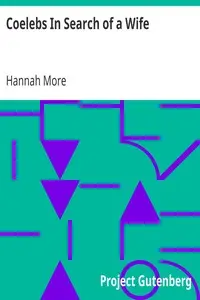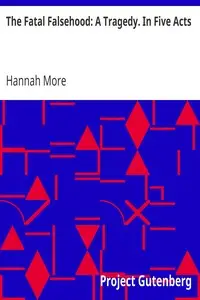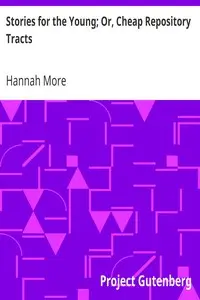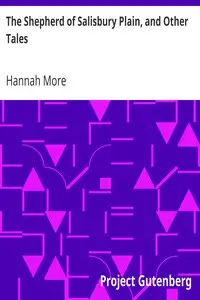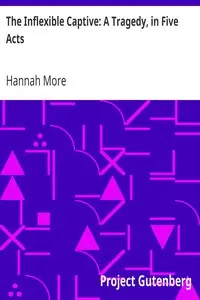"Percy: A Tragedy" by Hannah More is a drama from the late 1700s about warring families, the Percys and the Douglases. This tragic story is about some tough emotions and doing what's right, focusing on themes like love, feeling jealous, and what happens when parents are too controlling. The play is all about people fighting and what society expects of them, and it has a strong sense of the time it was written in, with big emotions and dramatic flair, as it tells the story of Elwina, forced to marry Earl Douglas while truly loving Earl Percy, sparking misunderstandings, intense arguments, and deaths as loyalty and love clash in a disaster caused by jealousy, bad decisions, and out-of-control emotions that shows the high price of love mixed with arguments and betrayal.

Percy: A Tragedy
By Hannah More
Torn between duty and desire, a woman's forbidden love ignites a feud that ends in devastation, exploring the tragic price of loyalty, jealousy, and sacrifice.
Summary
About the AuthorHannah More was an English religious writer, philanthropist, poet, and playwright in the circle of Johnson, Reynolds and Garrick, who wrote on moral and religious subjects. Born in Bristol, she taught at a school her father founded there and began writing plays. She became involved in the London literary elite and a leading Bluestocking member. Her later plays and poetry became more evangelical. She joined a group opposing the slave trade. In the 1790s she wrote Cheap Repository Tracts on moral, religious and political topics, to distribute to the literate poor. Meanwhile, she broadened her links with schools she and her sister Martha had founded in rural Somerset. These curbed their teaching of the poor, allowing limited reading but no writing. More was noted for her political conservatism, being described as an anti-feminist, a "counter-revolutionary", or a conservative feminist.
Hannah More was an English religious writer, philanthropist, poet, and playwright in the circle of Johnson, Reynolds and Garrick, who wrote on moral and religious subjects. Born in Bristol, she taught at a school her father founded there and began writing plays. She became involved in the London literary elite and a leading Bluestocking member. Her later plays and poetry became more evangelical. She joined a group opposing the slave trade. In the 1790s she wrote Cheap Repository Tracts on moral, religious and political topics, to distribute to the literate poor. Meanwhile, she broadened her links with schools she and her sister Martha had founded in rural Somerset. These curbed their teaching of the poor, allowing limited reading but no writing. More was noted for her political conservatism, being described as an anti-feminist, a "counter-revolutionary", or a conservative feminist.

